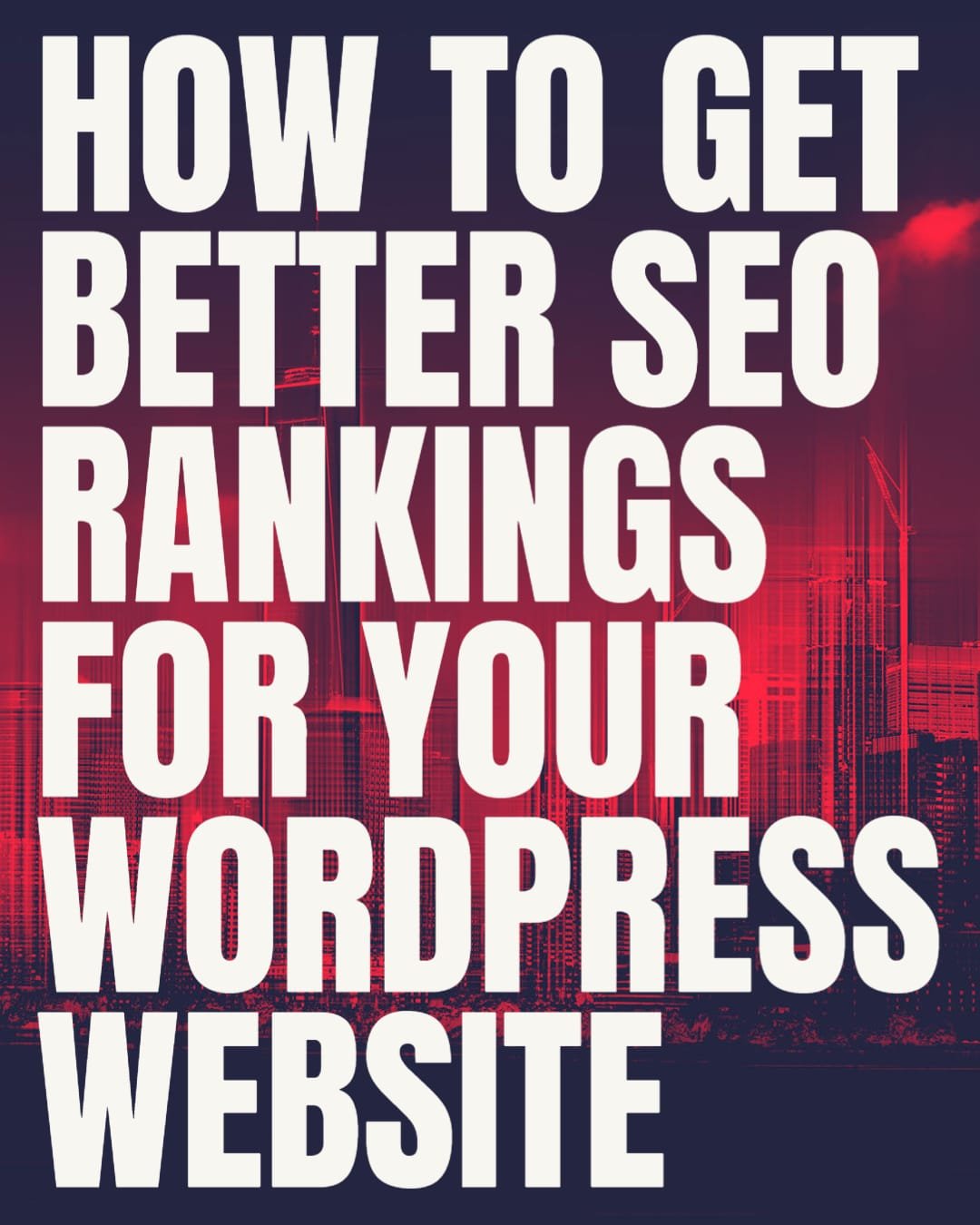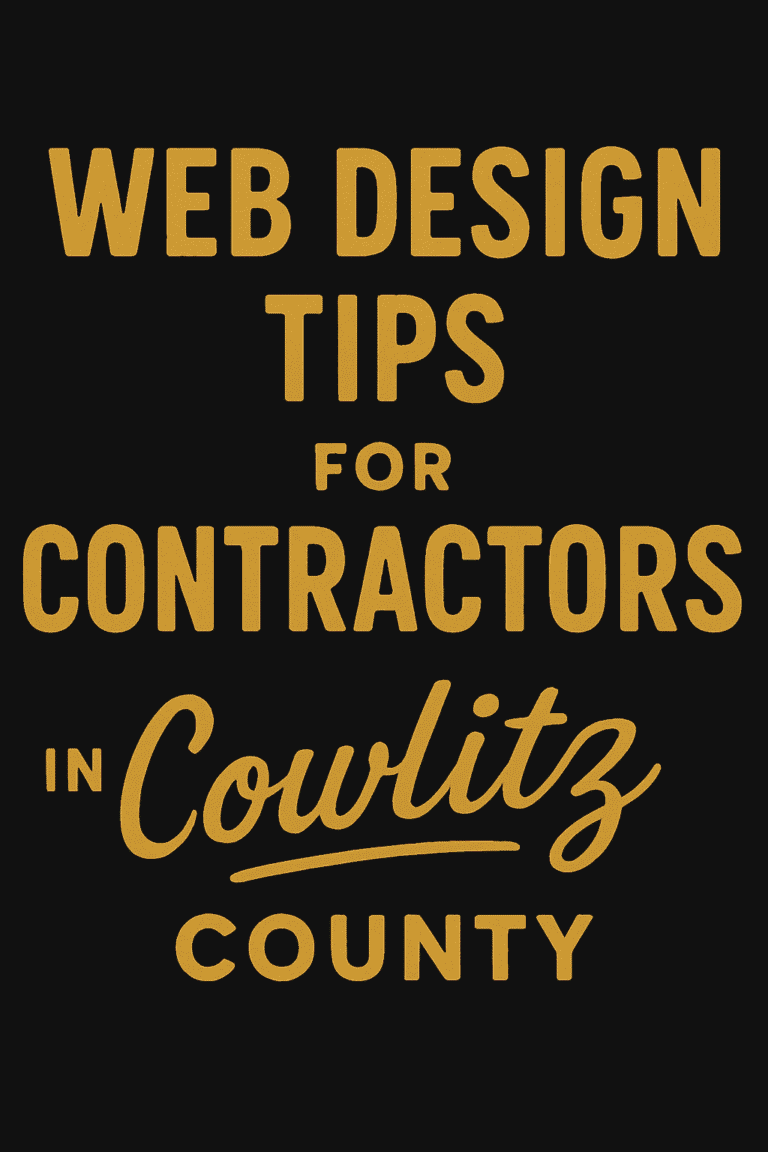
If you want your WordPress website to rank higher in search engine results pages (SERPs), then you need to follow some simple SEO best practices. In this blog post, we will discuss some of the most important things that you can do to improve your rankings. We will also provide a few WordPress SEO plugins that can help you get started.
First, let’s get some definitions out of the way!
WordPress is a content management system (CMS) that enables you to create a website or blog from scratch, or to improve an existing website. Search engine optimization (SEO) is the process of improving the visibility and ranking of your website in search engine results pages. Search engine results pages (SERPS) are the pages that are displayed when a user enters a query into a search engine, such as Google.
There are two types of SEO: on-page SEO and off-page SEO. On-page SEO refers to the optimization of your website’s content and code, while off-page SEO refers to the promotion of your website through link building and social media.
In order to rank higher in SERPs, you need to focus on both on-page and off-page SEO. In this blog post, we will mostly be focusing on on-page SEO, as it is the foundation of good WordPress SEO. Once you have a solid foundation in place, then you can start working on off-page SEO to give your website an extra boost. We’ll include a few tips for off-page SEO at the end of this post.
Now that we’ve got that out of the way, let’s get started!
Here are some of the most important things that you need to do for on-page WordPress SEO:
Use keyword-rich titles and descriptions
One of the most important things that you can do for on-page SEO is to use keyword-rich titles and descriptions. This means including your target keywords in your title tags and meta descriptions. Your title tag is the most important element on your page, as it tells search engines what your page is about. The meta description is also important, as it gives users a brief summary of what they will find on your page.
Make sure that your website is mobile-friendly
Another important thing to consider for on-page SEO is whether or not your website is mobile-friendly. In today’s world, more and more people are using their mobile devices to access the internet. As a result, it is important to make sure that your website can be viewed properly on all types of devices. Google has even started penalizing websites that are not mobile-friendly, so this is definitely something that you need to take into consideration.
Use keyword-rich permalinks
Another important on-page SEO factor are your website’s permalinks. Permalinks are the permanent URLs of your individual blog posts and pages. They should be keyword-rich and easy to read. A good permalink structure for WordPress is /%postname%/. You can change your permalink structure in the Settings » Permalinks section of your WordPress dashboard.
Create quality content
One of the most important things that you can do for on-page SEO is to create quality content. This means writing well-researched and informative blog posts that are relevant to your target keywords. Quality content is the foundation of good WordPress SEO, so make sure that you focus on creating useful and engaging content.
Install an SEO plugin
There are a number of great WordPress SEO plugins that can help you with on-page optimization. Some of our favorites include SEO Framework, All in One SEO Pack, and SEO Ultimate. These plugins will help you with things like title tags, meta descriptions, and keyword research.
In addition, they also provide other features that can help you with your WordPress SEO. For example, SEO Framework can help you optimize your website’s structure for better search engine visibility. All in One SEO Pack includes social media integration and support for e-commerce websites. And SEO Ultimate includes a number of powerful features, such as rich snippets and canonical URLs.
Check WordPress settings
There are a few settings in WordPress that can impact your website’s SEO. For example, the “Discourage search engines from indexing this site” setting in the Reading section of your WordPress dashboard will prevent search engines from crawling and indexing your website. Make sure that this setting is unchecked if you want your website to be indexed by search engines.
In addition, the “Search Engine Visibility” setting in the General section of your WordPress dashboard can also impact your website’s SEO. This setting allows you to control whether or not your website is visible to search engines. If you are having difficulty with getting your website indexed by Google, then you may want to check this setting.
Keep an eye on your website’s speed
Website speed is a important factor for SEO. Search engines have stated that they take website speed into consideration when ranking websites. In addition, users are more likely to leave a website if it takes too long to load. There are a number of things that you can do to improve your website’s speed, such as using a caching plugin and optimizing your images.
Hosting WordPress
One last thing to consider for WordPress SEO is your website’s hosting. If you’re serious about getting better search engine rankings, then you need to make sure that your website is hosted on a reliable and fast web host. We recommend using a WordPress cloud hosting solution such as Google Cloud Platform or Amazon Web Services. These platforms are designed specifically for WordPress websites and can help you achieve better performance and stability.
Use a Content Delivery Network (CDN)
Another way to improve your website’s speed is to use a content delivery network (CDN). A CDN is a large network of servers that are located around the world. When a user visits your website, the CDN will deliver your content from a server that is closest to their location. This can help reduce the loading time of your website for users who are located far from your server.
Use an SSL Certificate
If you want to further improve your website’s security and SEO, then you should consider using an SSL certificate. SSL is a technology that encrypts data that is transmitted between your website and visitors’ web browsers. This helps protect sensitive information, such as credit card numbers and passwords, from being intercepted by hackers. In addition, Google has stated that they give preference to websites that use SSL encryption.
Caching plugin
A caching plugin is a type of software that stores static copies of your website’s content, such as your blog posts and pages. This content is then served to visitors from the cache, which can help speed up your website.
There are a number of great caching plugins available for WordPress, including WP Super Cache or Litespeed Cache.
Internal linking
Internal linking is the process of linking to other pages on your website from within your content. This can help improve your website’s SEO by helping search engines crawl and index your website more effectively.
It can also help users navigate your website more easily, as well as provide context for the content that they’re reading.
When adding internal links to your content, make sure to use relevant and descriptive anchor text. This will help search engines understand what your pages are about, and it will also help users find the information they’re looking for.
In addition, try to add internal links to other related pages on your website. This will help search engines identify the relationships between your pages, and it will also help users find more information about the topics they’re interested in.
External linking
External linking is the process of linking to other websites from your website. This can be done in a number of ways, such as adding links to your blog posts or pages.
External links are important for two main reasons. First, they can help improve your website’s SEO by helping search engines understand the context of your content. Second, they can help build relationships with other website owners, which can lead to link building opportunities.
When adding external links to your content, make sure to use relevant and descriptive anchor text. This will help search engines understand what your pages are about, and it will also help users find the information they’re looking for.
In addition, try to add external links to websites that are relevant to the topic of your content. This will help search engines identify the relationships between your pages and the external websites, and it will also help users find more information about the topics they’re interested in.
Sitemap
A sitemap is a file that contains a list of all the pages on your website. This file is used by search engines to crawl and index your website more effectively.
You can create a sitemap for your WordPress website using a plugin like Google XML Sitemaps.
Once you’ve created your sitemap, you need to submit it to Google Search Console so that Google can find and index your website.
Google Search Console is a free tool that allows you to submit your sitemap, as well as monitor and troubleshoot your website’s appearance in Google search results.
robots.txt
A robots.txt file is a text file that contains instructions for search engine crawlers. These instructions tell the crawlers what pages on your website they should and shouldn’t crawl.
You can create a robots.txt file for your WordPress website using a plugin like SEO Framework.
Once you’ve created your robots.txt file, you need to submit it to Google Search Console so that Google can find and index your website.
Google Analytics
Google Analytics is a free tool that allows you to track the traffic to your website. This data can be very useful in understanding how people are finding and using your website.
In order to use Google Analytics, you need to create a Google Analytics account and add the tracking code to your website.
You can add the tracking code to your WordPress website using a plugin like Google Analytics for WordPress.
Once you’ve added the tracking code to your website, you need to submit your website to Google Analytics so that it can start collecting data.
Optimize your images
Images can often be the biggest culprit when it comes to slow loading times. Fortunately, there are a number of things that you can do to optimize your images for faster loading times. These include using an image compression plugin or service, and using the correct file format.
Here are some of the most important things that you need to do for off-page WordPress SEO:
Get high-quality backlinks
One of the most important ranking factors for search engines is backlinks. Backlinks are links from other websites to your website. The more high-quality backlinks that you have, the higher your website will rank in the search engine results pages (SERPs).
There are a number of ways that you can get backlinks for your WordPress website. These include guest posting, directory submission, and by having linkable content.
Do keyword research
Before you start optimizing your website for the search engines, it’s important to do keyword research. Keyword research is the process of finding the right keywords to target for your website. There are a number of great tools that you can use for keyword research, such as Google AdWords Keyword Planner and Moz Keyword Explorer.
Once you’ve found the right keywords, you need to include them in your website’s content, titles, and meta descriptions. This will help the search engines understand what your website is about and rank it accordingly.
Submit your website to search engines
Once you’ve optimized your website for the search engines, it’s important to submit your website to them. This will help the search engines index your website and make it easier for people to find.
The easiest way to submit your WordPress website to the major search engines is by using a plugin like Google XML Sitemaps. This plugin will generate a sitemap of your website and submit it to the major search engines automatically.
Monitor your progress
Finally, it’s important to monitor your progress over time. This will help you see how your WordPress SEO efforts are paying off and make necessary adjustments.
There are a number of great tools that you can use to monitor your progress, such as Google Analytics and Google Search Console.
Monitor your website’s backlinks
Backlinks are links from other websites to your website. They are an important factor for SEO, as they help to improve your website’s ranking in search results. However, it is important to monitor your website’s backlinks, as too many low-quality backlinks can actually hurt your website’s ranking.
A great tool for monitoring your website’s backlinks is Google Search Console. This tool will show you the websites that are linking to your website, as well as the anchor text that they are using.
If you see a lot of low-quality or spammy websites linking to your website, you can use the “disavow” tool to tell Google not to take these links into account.
Wrapping it up
If you want your WordPress website to rank higher in search engine results pages (SERPs), then you need to follow some simple SEO best practices. In this blog post, we have discussed some of the most important things that you can do to improve your rankings. We have also provided a few WordPress SEO plugins that can help you get started. If all of this sounds intimidating and you want help enacting these principles, hire us. Our team of experts are ready and waiting to partner with you to create a stellar SEO or marketing plan that drives traffic and conversions by considering how people search for information online. Call today (360) 450-3711





